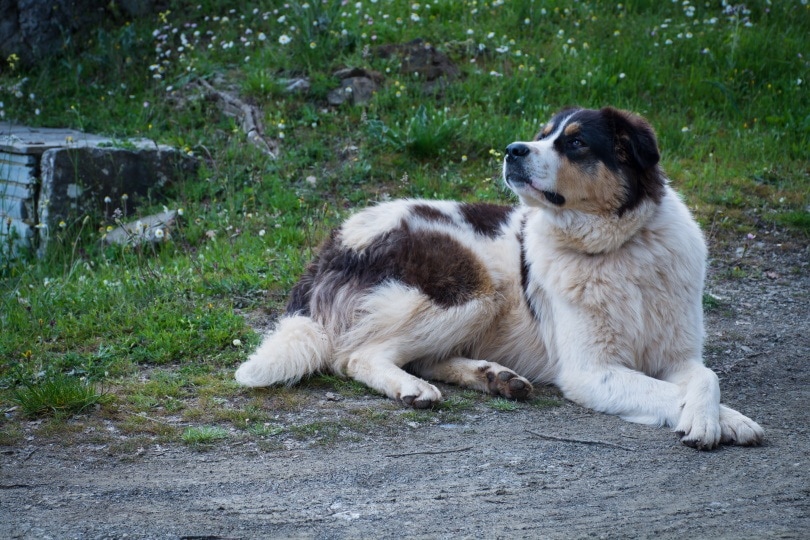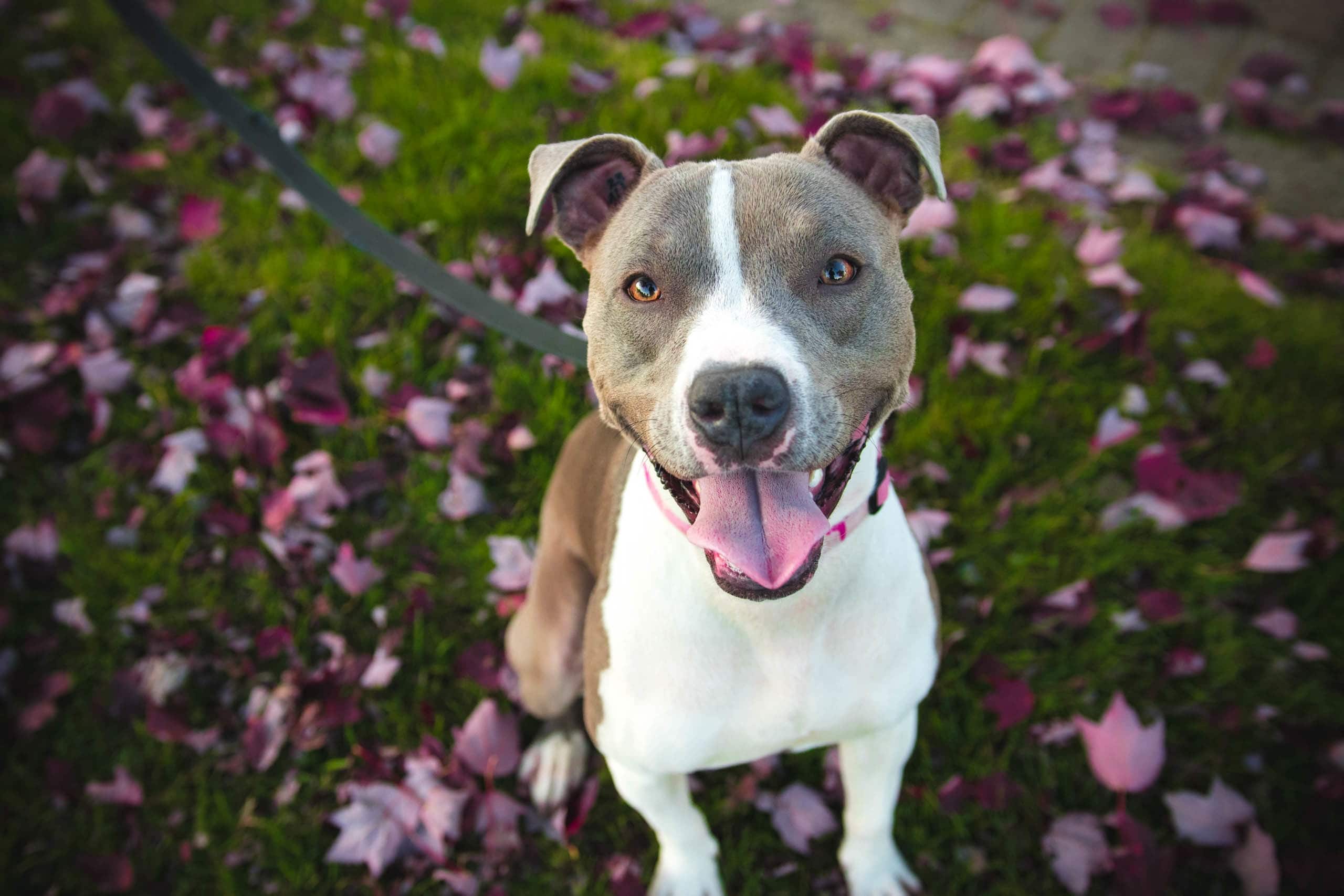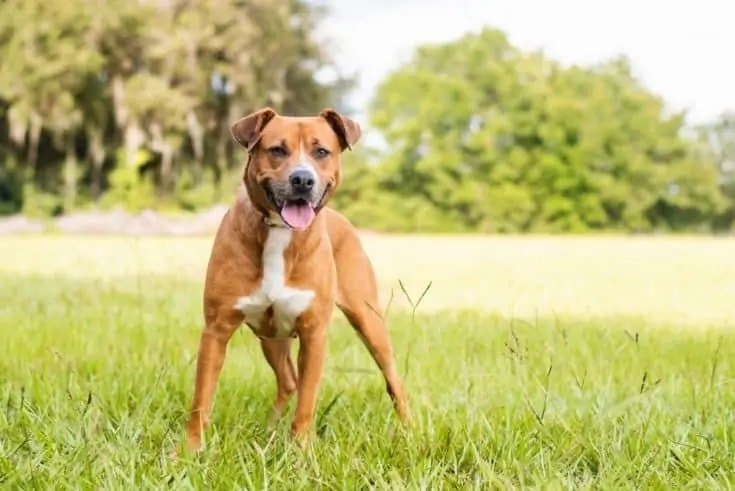The Greek Sheepdog, a fascinating breed with deep roots in Greece, is a rare sight these days.
- With a dwindling population of around 3,000, these dogs are a precious part of Greek heritage.
- Known for their protective nature, Greek Sheepdogs are not your average family pets and require experienced owners.
- High energy and intelligent, they thrive on physical and mental challenges.
- Due to their strong guarding instincts, early socialization is crucial for them.
The Greek Sheepdog is a breed steeped in history, originating in the rugged landscapes of Greece. Like many of their sheep-herding counterparts, their beginnings are shrouded in mystery but suggest a shared ancestry with nearby breeds. Despite their impressive appearance, they’re not commonly found outside their homeland, making them a rare gem with only about 3,000 left in existence today.
With a stature ranging from 24 to 30 inches and a weight between 71 to 121 pounds, these dogs are quite the presence. They’re not just muscular; they’re also incredibly smart and were primarily used to guard vast numbers of sheep across Greece. This has cultivated a naturally protective instinct, making them exquisite guard dogs but also demanding companions.
The Greek Sheepdog’s temperament is characteristically cautious around newcomers. Despite their reserved nature, these dogs form deep bonds with their families, offering fierce loyalty and protection. It’s important for them to be socialized early on, reducing the risk of them becoming overly protective or aggressive around strangers.
Adopting a Greek Sheepdog can be a daunting task due to their rarity outside of Greece. The process often involves importing one, which can be quite costly. For those up to the challenge, these dogs promise companionship filled with devotion and plenty of energy.
As working dogs, they need substantial daily exercise — at least two hours of moderate to intense activities. Their high energy levels mean they’ll flourish in a home with ample space to roam. However, a big backyard isn’t an excuse to skimp on playtime; their well-being hinges on interaction and engagement.
Training should tap into their intelligence and instinctive guarding behavior, providing mental stimulation to prevent boredom. While they’re not as easy to train as some common breeds, they pick up commands quickly and benefit greatly from consistent training.
As for grooming, their long coat requires regular brushing to prevent tangles and keep it healthy. This grooming routine is a commitment but ensures they stay in great shape physically and hygiene-wise.
Health-wise, the Greek Sheepdog is generally robust, though potential issues like hip dysplasia and bloat exist. Their longevity is influenced by genetics and care, emphasizing the importance of a balanced diet and regular vet visits.
With its rich history and distinctive personality, the Greek Sheepdog is a breed that captivates and challenges those who choose to welcome it into their lives.










